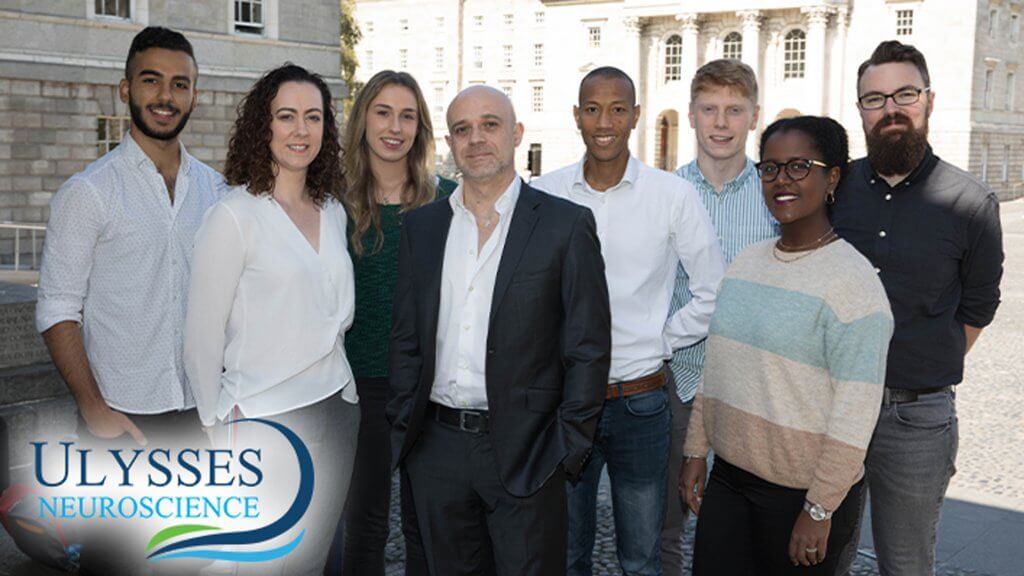Why Local Authorities and Leading Firms Are Backing This B-Corp Alternative

By Richard Dickins, Founder of the Social Value Quality Mark (SVQM)
Let’s start by saying that B-Corp is great! It is extremely well thought of and demonstrates a business’s commitment to high standards of social and environmental performance, transparency, and accountability. However, as B-Corp prepares to roll out new global standards, the focus is also on what UK SMEs may need and what alternatives are out there. We founded the Social Value Quality Mark with that in mind. As an alternative to B-Corp, SVQM is gaining the confidence of local authorities, FTSE-listed firms, NHS bodies and charities alike. While B-Corp remains a powerful symbol of corporate ethics on the global stage, it can be costly and complex, especially for smaller UK-based organisations. SVQM was developed to address this gap, not as a competitor to B-Corp, but as a genuinely accessible and adaptable accreditation focused on social value in a UK context.
We launched SVQM because we saw a growing number of organisations wanting to do good, not just look good, but struggling to find a system that recognised their real-world impact. Since then, it’s been adopted by the likes of Kier Transportation, Alzheimer’s Society, CGI, NHS Arden & GEM, and many more. What makes SVQM different is its grounding in UK policy, culture, and community needs. Our accreditation goes beyond environmental targets and corporate statements. It dives into how businesses invest in people, support local communities, tackle inequality, and create meaningful change. In other words, it puts the “Social” back into ESG.
This year marks a turning point for social value in the UK. Procurement rules are changing, and so is public expectation. Whether you’re bidding for a government contract or looking to attract top talent, it’s no longer enough to say you’re purpose-driven. You have to prove it. For public sector suppliers, the SVQM acts as a powerful trust signal. It shows commissioners that you’re a values-led, impact-aware organisation and that you’ve been independently assessed on more than just good intentions. For businesses large and small, it’s also a badge that tells employees, customers, and investors: “We walk the talk.” Many B-Corp-aligned frameworks, while admirable, aren’t tailored to the nuances of UK social impact. They don’t always account for the innovations coming out of our social enterprises and charities, or the local partnerships that power our communities. We need a model that reflects our reality, and that’s what SVQM was built for.
One of the core strengths of SVQM is its flexibility. It’s not a one-size-fits-all standard. Instead, it’s a tiered model that grows with your organisation, whether you’re a sole trader with a social mission or a national contractor with complex supply chains. At each level, the accreditation examines your values, your practices, your outcomes, and your plans. It rewards social innovation, celebrates long-term thinking, and champions transparency. And importantly, it encourages improvement over time, not just a tick-box exercise. This approach is already delivering results. Kier Transportation, for example, has used SVQM to embed social value across its operations, improving everything from recruitment and training to local procurement and community engagement. Alzheimer’s Society has leveraged the framework to strengthen its partnerships and show the real-world impact of its work. And in the public sector, organisations like NHS Arden & GEM are using it to build trust with the communities they serve.
SVQM isn’t just about accreditation. It’s about building a culture of purpose, accountability and impact. When a business commits to SVQM, it’s making a public statement that social value is not a side project; it’s central to who they are and how they work. This mindset resonates with today’s workforce, especially younger generations who want to align their careers with their values. It also resonates with customers who are more socially conscious than ever, and with investors looking for businesses that are sustainable not just in terms of carbon, but in terms of community. For SMEs and charities, this can be game-changing. Accreditation offers them a way to compete on more than just price, it allows them to show that they bring added value, trust, and local understanding. It also boosts confidence internally, giving teams a clear framework for continuous improvement.
As the UK continues to define its post-Brexit identity and the economy navigates significant change, social value will only grow in importance. Businesses that thrive in the next decade will be those that can prove their worth not just in profit, but in purpose. That’s why we believe scalable, locally rooted accreditations like SVQM are not just timely, they’re essential. They provide the structure and recognition that organisations need, without losing sight of what really matters: people, places, and positive change.







